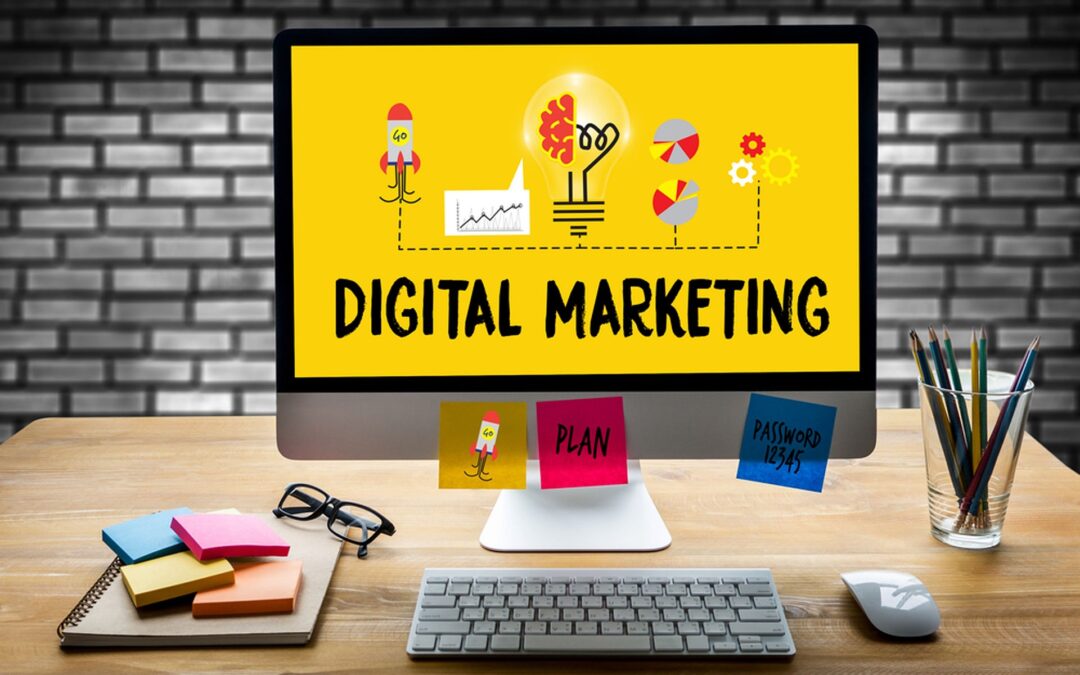Digital marketing involves leveraging online platforms like social media, search engines, and email to promote products, services, and brands. It uses data-driven strategies to engage audiences, drive traffic, and achieve business goals such as lead generation and sales
Scope of Digital Marketing
The scope of digital marketing is broad, covering social media, SEO, content, email, and paid ads. It enables targeted outreach, real-time analytics, and growth opportunities, making it vital for businesses to stay competitive and engage customers in today’s digital landscape.
Techniques
-
Search Engine Optimization (SEO)
On-Page SEO:
- Keyword Optimization: Use targeted keywords in key areas.
- Content Quality: Create engaging and relevant content.
- Meta Tags: Optimize titles and descriptions.
- URL Structure: Use clean, keyword-rich URLs.
- Internal Linking: Connect related pages within your site.
- Page Speed: Ensure fast loading times.
- Mobile Friendliness: Optimize for mobile devices.
- Alt Text for Images: Use descriptive text for images.
- On Page SEO More
Off-Page SEO:
- Backlink Building: Earn quality backlinks from authoritative sites.
- Social Media Promotion: Share content on social platforms.
- Guest Blogging: Write for other sites to gain backlinks.
- Influencer Outreach: Collaborate with influencers.
- Online Reviews: Manage and encourage positive reviews.
- Directory Submissions: List your site in relevant directories.
- Brand Mentions: Gain credibility through mentions.
- Community Engagement: Participate in forums and communities.
-
Content Marketing:
- Focuses on creating valuable, relevant content (blogs, articles, videos) to attract and engage a target audience, ultimately driving profitable customer actions.
-
Social Media Marketing (SMM):
- Utilizes platforms like Facebook, Instagram, and LinkedIn to promote products, build brand awareness, and engage with customers through posts, ads, and interactions.
-
Pay-Per-Click Advertising (PPC):
- A paid advertising model where businesses pay each time someone clicks on their online ads, often used on platforms like Google Ads and social media.
-
Email Marketing:
- Involves sending targeted emails to nurture leads, promote products, or communicate updates, offering a direct line to customers’ inboxes.
-
Affiliate Marketing:
- Businesses partner with affiliates who promote their products in exchange for a commission on sales, typically through blogs, social media, or websites.
-
Influencer Marketing:
- Collaborates with influencers—people with a strong social media presence—to promote products or brands to their followers.
-
Video Marketing:
- Uses videos, whether on YouTube, social media, or websites, to engage audiences, explain products, and build brand loyalty.
-
Conversion Rate Optimization (CRO):
- Involves optimizing websites and landing pages to increase the percentage of visitors who take desired actions, like signing up or making a purchase.
-
Online Public Relations (PR):
- Manages a brand’s online reputation through press releases, blogs, and media coverage to build trust and credibility with the audience.
-
Conclusion
- A digital marketing strategist crafts data-driven plans to boost brand visibility http://www.sajilafreed.com

